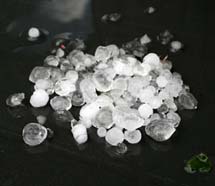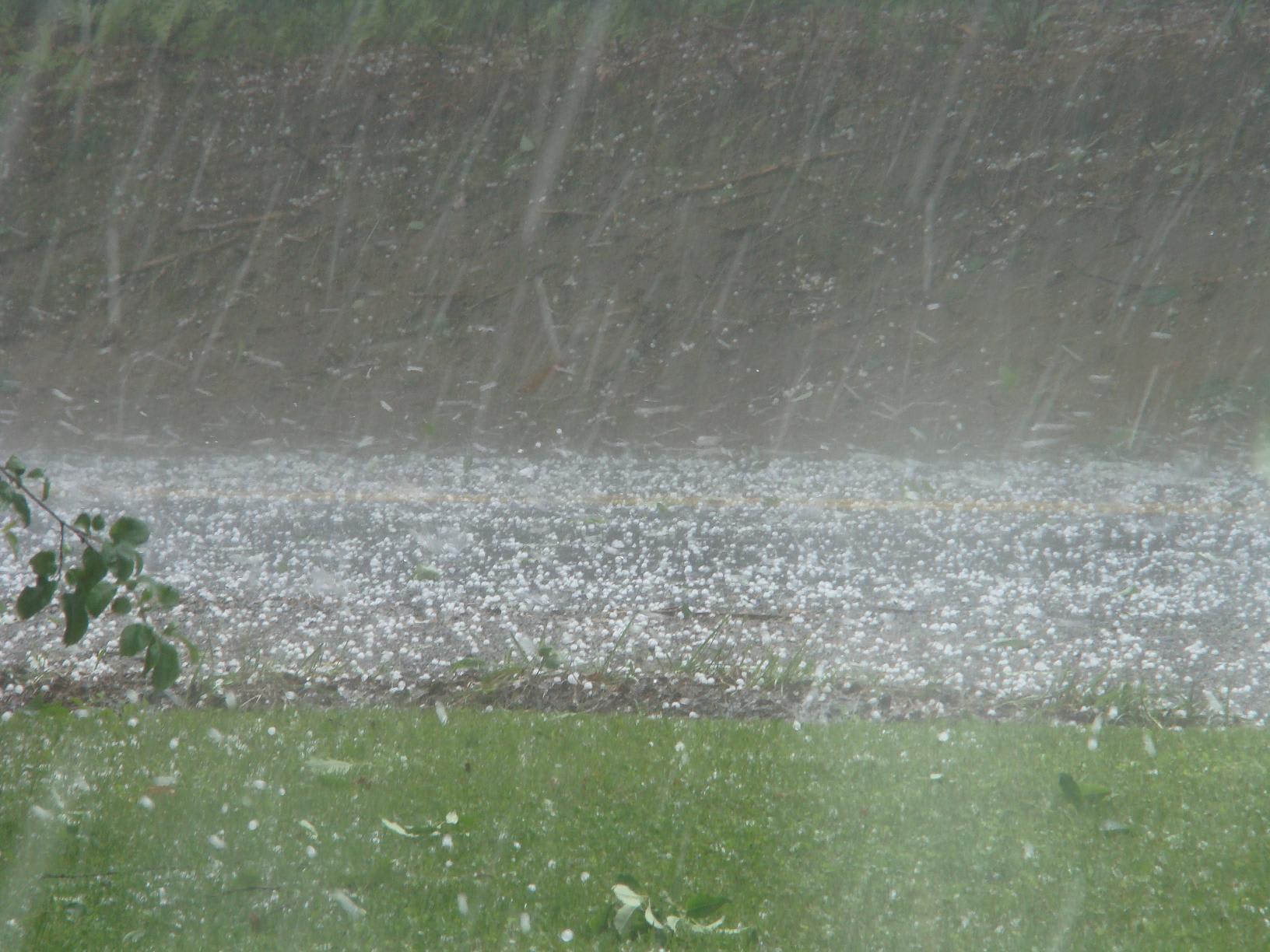
The Plagues of Blood and Frogs
It is ironic: what the Egyptians trusted most became the source of their travail and woe. The Nile was a deity for Egypt — and it turned into blood. They worshipped the frog, sign of fertility — and God gave them so much fertility that the population explosion amongst the frogs threatened their comfort and their very lives. The stricken gods of Egypt were an act of the irony of the One God.
We too, in our own lives, can detect — if we are perceptive enough — the workings of divine irony. What are our idols? Science, for one. And so we receive in return mass destruction. We worship technology, and we now appreciate how it has interfered with the ecology of our planet. We love machines and prostrate ourselves before them — and they break down before the warranty is signed. Ours is a generation which has prided itself on freedom; now we have anarchy. We spoke so much of love — that we are flooded with pornography.
We have identified as “the good life” a life of hedonism — and there is no joy and no happiness to accompany our material pleasures.
The Plague of Hail
In its description of the seventh of the ten plagues which God brought upon Pharaoh and his Egyptians, the Torah employs a style which is somewhat different from the usual, and which therefore seems to indicate some special intention. Barad, the plague of hailstones which fell upon the Egyptians, their servants and their cattle, killed all life that was unprotected. Before Moses stretched forth his rod and caused the hail to fall, he warned the Egyptians of what he was going to do. He warned them to withdraw indoors in order to save their lives. The reaction of the pagan Egyptians was to laugh at Moses, and, though six times previously he had predicted the act of the Lord, they ridiculed him, and most of them — excepting the very few who did believe in God — exposed themselves to the plague.
Here is how the Bible describes the actions of these two classes of Egyptians, those who took Moses seriously and those who did not: “Those of Pharoah’s servants who feared the word of God, gathered their slaves and cattle indoors and saved them, and he who did not put his heart to the word of God [i.e., he who did not pay attention to God], left his cattle and slaves outdoors to be slain by the hailstones.” (Exodus 9:20.–2?). Notice that the two classes of Egyptians are not described in the same kind of terms. If the first Egyptians, God-fearing, the second should be described as God-hating, or non-believers, or something similar. Instead, the Torah describes this second, evil, anti-God class as “did not put his heart to God.”
What the Bible means to tell us by this choice of words is that indifference, not “putting your heart to it or into it,” is the cardinal sin of mankind. Certainly — and despite the apparent signs of a return to religion in some general way — our generation.’s greatest religious defect is an abysmal indifference and horrendous apathy to religion, to morals, to ethics, to Torah. We do not pay attention to God’s word, we do not put our hearts into His service. Not anger at God, not rebellion against Torah, not resentment at religion — these are not the sins of our generation. Ours is a greater, subtler and deeper sin: we do not absent ourselves from the synagogue because we are actively atheistic; it is just apathy. We do not desecrate the Sabbath because we dislike it; we are just religiously phlegmatic.
This, then, is the message implied in the stylistic eccentricity of the text. The antonym of reverence and awe is not putting your heart into synagogue and Torah. In order to achieve that glorious reverence before God, we must learn sympathy and empathy, not apathy; yearning, not neutrality; passion, not indifference. In short, the Torah presses each of us with its demand and its challenge: Have a Heart.
Excerpted from newly published Haggadah with extensive commentary, The Royal Table: A Passover Haggadah by Rabbi Norman Lamm.
Join the Orthodox Union and Yeshiva University community in celebrating the publication of a magnificent new Haggadah, with an extensive commentary by Rabbi Dr. Norman Lamm, The Royal Table: A Passover Haggadah, published by OU Press. On the first day of the SOY Seforim Sale, Sunday, January 24th at 12pm, Rabbi Tzvi Hersh Weinreb and Rabbi Mark Dratch will be marking the occasion with a presentation in honor of the publication. Rabbi Lamm has long been a source of guidance and inspiration for the Jewish community. His insights into the Haggadah combine his Talmudic brilliance with his renowned eloquence, creating a commentary that is both intellectually stimulating and emotionally rewarding. More information is available at www.OUPress.org
The words of this author reflect his/her own opinions and do not necessarily represent the official position of the Orthodox Union.

